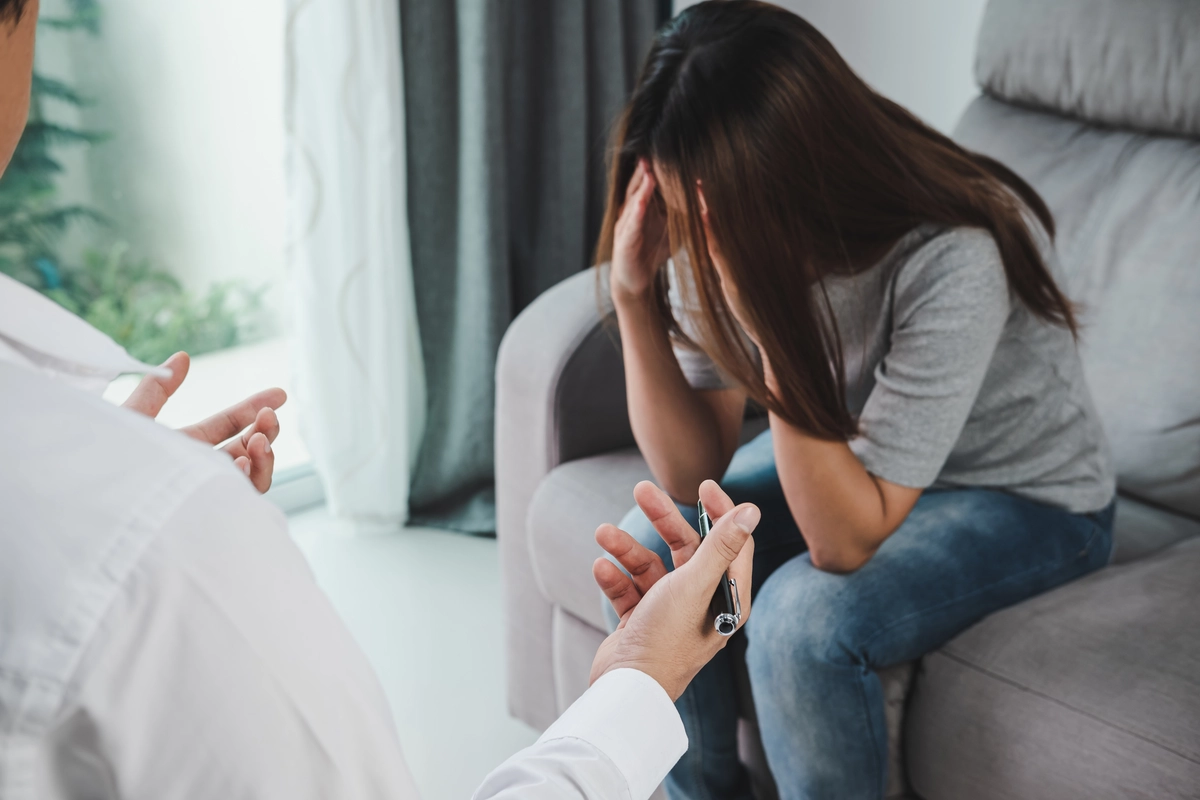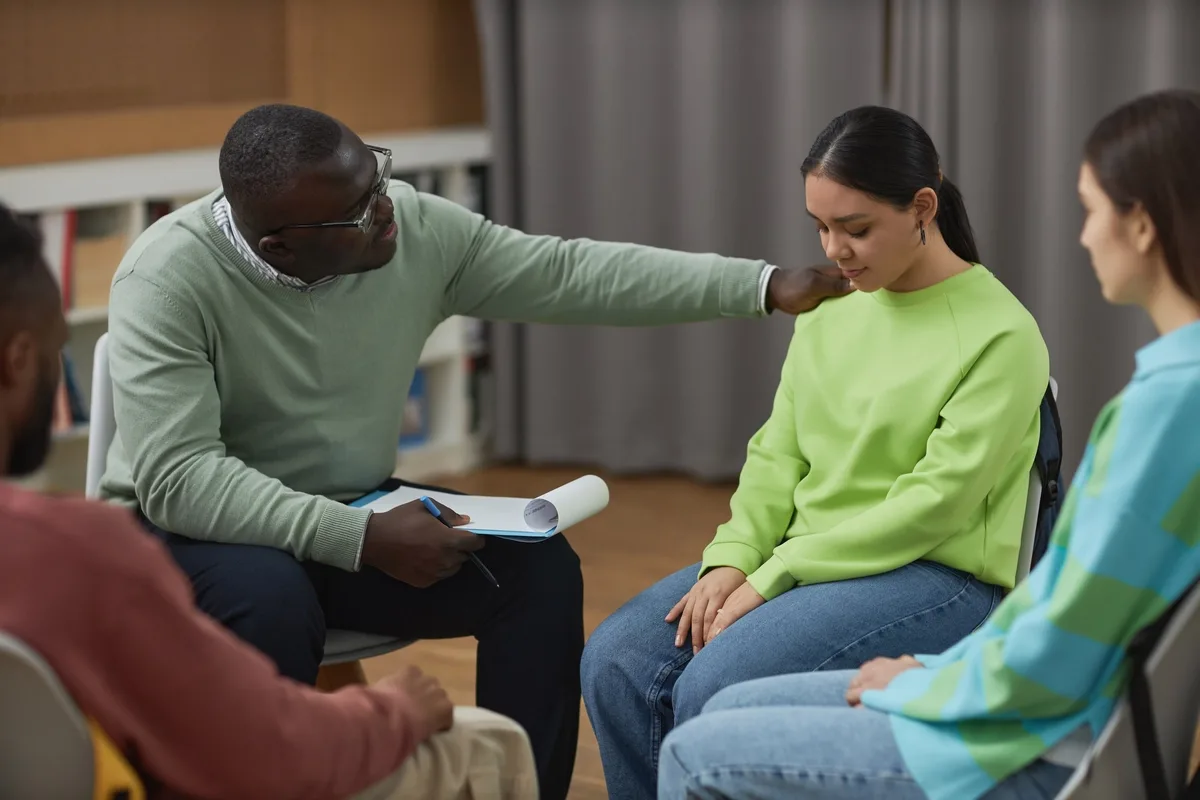24/7 Helpline:
(866) 899-111424/7 Helpline:
(866) 899-1114
Learn more about Aftercare Support centers in Baker
Aftercare Support in Other Cities

Other Insurance Options

BlueShield

UnitedHealth Group

United Health Care

Holman Group

CareFirst

Aetna

WellCare Health Plans

Access to Recovery (ATR) Voucher

Ceridian

Optima

Coventry Health Care

Magellan Health

AllWell

Amerigroup

Anthem

Sutter

Providence

Regence

ComPsych

Sliding scale payment assistance























